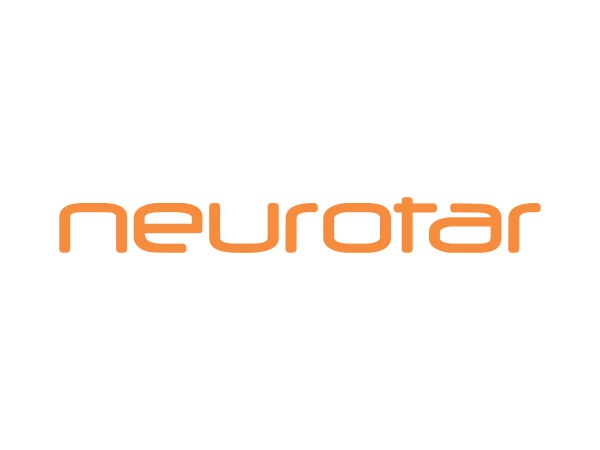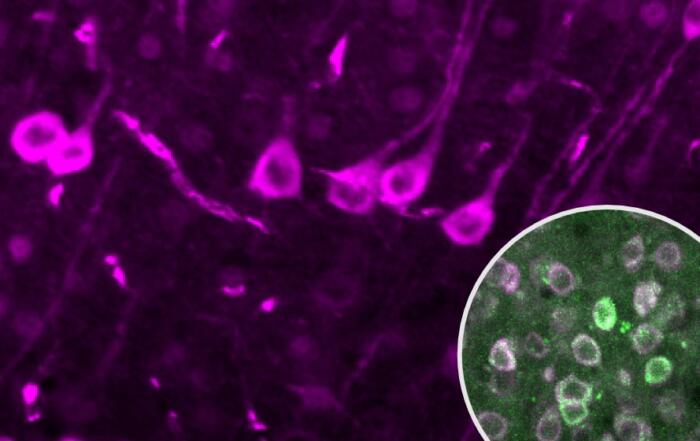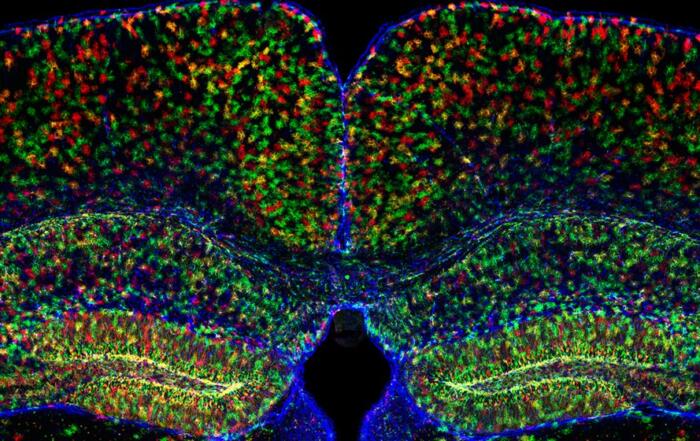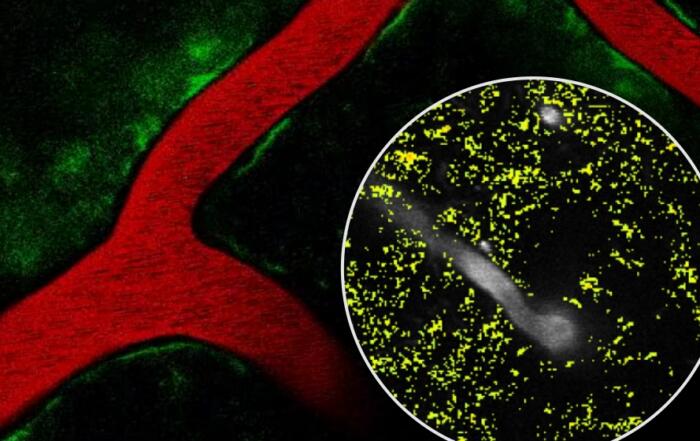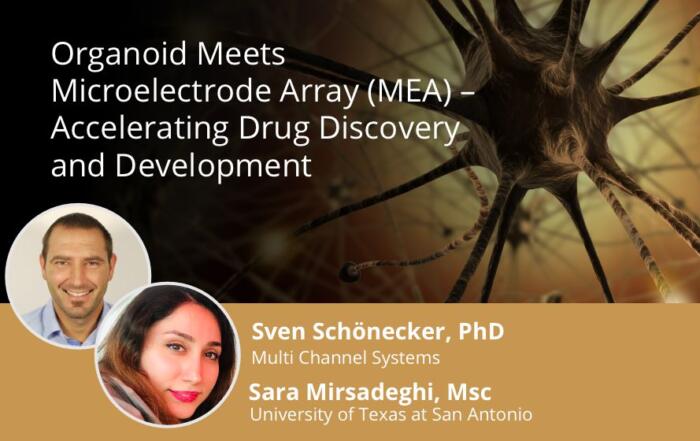In this webinar, Dr. Ileana Hanganu-Opatz, Dr. Jastyn A. Pöpplau, and Marilena Hnida discuss their research on prefrontal networks in developing head-fixed mice, and the role of these networks in cognition and models of neurodevelopmental diseases.
Dr. Ileana Hanganu-Opatz begins with a brief introduction to the Institute for Developmental Neurophysiology and its main focus: the investigation of the origin and significance of oscillatory brain activity during postnatal development in mice. The following presentations by two Institute members focus on the work of her research team “Juvenile development”; specifically electrophysiological recordings in developing head-fixed mice.
Dr. Jastyn A. Pöpplau dissects the mechanisms of functional prefrontal development during sensitive periods. Beginning with very early postnatal stages in mice, she describes the developmental emergence of fast prefrontal oscillations, as well as how these dynamics are disturbed by altered functionality of distinct neuronal subpopulations. Next, recent experimental results uncovering reorganization of prefrontal circuits during adolescence are highlighted, before resolving the necessity of the identified processes for adult cognitive abilities.
Building on this work, Marilena Hnida presents developmental dynamics within the prefrontal-hippocampal network, focusing on patterns of activity during late development covering the adolescent period. Comparing the dynamics of hippocampal-prefrontal communication in healthy development to animal models of neurodevelopmental diseases, her presentation uncovers age-specific disturbances in the prefrontal-hippocampal networks of affected mice, likely contributing to the progression of disease symptoms.
Key Topics Include:
- Developing prefrontal circuits and their role in cognition
- Effects of anesthesia on developing brain activity
- Challenges of studying developing mice under head-fixed conditions
- Patterns of network activity in models of disease and their dynamics during distinct stages of juvenile development
- Next frontiers of neurodevelopmental research
Click to watch the webinar recording. To view the presentation full screen simply click the square icon located in the bottom-right corner of the video viewer.
Resources
Presenters
Director
Institute for Developmental Neurophysiology, Center for Molecular Neurobiology (ZMNH)
University Medical Center Hamburg-Eppendorf (UKE)
Postdoc
Institute for Developmental Neurophysiology Center for Molecular Neurobiology (ZMNH)
University Medical Center Hamburg-Eppendorf (UKE)
PhD Student
Institute for Developmental Neurophysiology, Center for Molecular Neurobiology (ZMNH)
University Medical Center Hamburg-Eppendorf (UKE)





